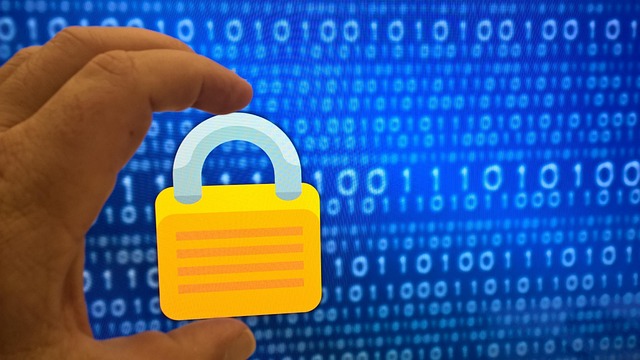In today’s fast-paced digital world, online education has opened countless doors for knowledge building and collaborative learning. However, as we embrace the flexibility and accessibility that online classrooms offer, we must also address a pressing concern: the importance of password protection. Ensuring that our digital environment is secure is essential to fostering a safe space where students can thrive and interact without fear of disruption.
Password protection isn’t just a formality—it’s a necessity. As online learning platforms become increasingly popular, they simultaneously attract potential threats from cybercriminals looking to exploit vulnerabilities. A strong password is your frontline defense against unauthorized access. It acts as a protective barrier, safeguarding sensitive information while allowing only authorized users to contribute to discussions, access resources, and engage in interactive activities.
In the realm of knowledge building, students thrive when they feel secure in their environment. A breach in security can not only disrupt the learning process but also diminish trust among participants. Imagine a scenario where unauthorized users gain access to discussion forums or shared resources. The consequences can be devastating—intellectual property might be stolen, personal information compromised, and a sense of community shattered. By implementing robust password protection measures, such as requiring complex passwords that include letters, numbers, and symbols, educators can foster a more secure online experience.
Furthermore, encouraging students to engage in discussions around password protection equips them with vital skills that extend beyond the classroom. In an era where cyber awareness is paramount, understanding how to create and manage strong passwords is an essential life skill. Learning about password strategies can empower students to protect their own online identities, thus nurturing responsible digital citizenship.
Facilitating interactive spaces requires thoughtful considerations around security. Regularly reminding students about the importance of changing passwords and using two-factor authentication can reinforce best practices. Guests and educational partners involved in online classes should also be educated on minimizing risk through password security, ensuring that everyone in the digital classroom is on the same page.
As we continue to rely on technology for education, the importance of password protection cannot be overstated. It safeguards our virtual learning environments, encourages collaboration, and leads to more effective knowledge building. Implementing strong password protocols not only defends against external threats but also enhances the overall educational experience, allowing students to engage fully without the cloud of insecurity hanging over their heads.




